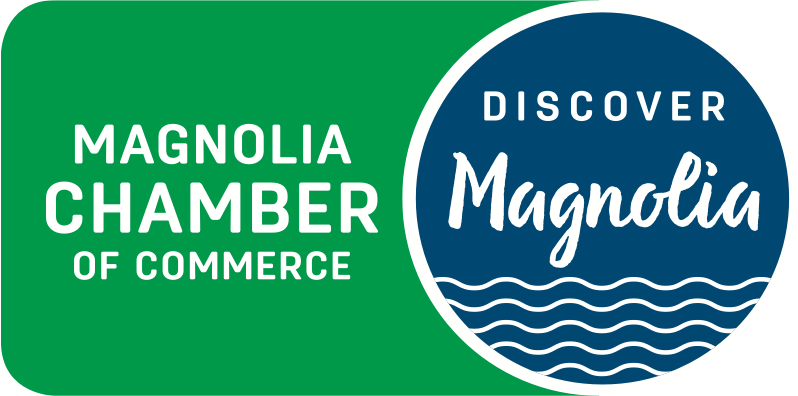U.S. Small Business Administration Amends Disaster Declaration – Disaster Assistance Now Available to all Washington Small Businesses Economically Impacted by COVID-19
The Washington State Department of Commerce want businesses in our state to know that the U.S. Small Business Administration (SBA) has amended its original disaster declaration to apply to all Washington small businesses, regardless of county.
These low-interest loans for working capital are now available to any small businesses suffering economic fallout from the COVID-19 outbreak.
SBA disaster assistance is now available in all counties within the state of Washington.
SBA Customer Service Representatives will be available to answer questions about SBA’s Economic Injury Disaster Loan program and explain the application process.
Small businesses, private non-profit organizations of any size, small agricultural cooperatives and small aquaculture enterprises that have been financially impacted as a direct result of the COVID-19 since Jan. 31 may qualify for Economic Injury Disaster Loans of up to $2 million to help meet financial obligations and operating expenses, which could have been met had the disaster not occurred.
Loans may be used to pay fixed debts, payroll, accounts payable and other bills that can’t be paid because of the disaster’s impact. Disaster loans can provide vital economic assistance to small businesses to help overcome the temporary loss of revenue they are experiencing.
Eligibility for Economic Injury Disaster Loans is based on the financial impact of the COVID-19. The interest rate is 3.75% for small businesses. The interest rate for private non-profit organizations is 2.75%.
SBA offers loans with long-term repayments in order to keep payments affordable, up to a maximum of 30 years and are available to entities without the financial ability to offset the adverse impact without hardship.
Applicants may apply online, receive additional disaster assistance information and download applications at https://disasterloan.sba.gov/ela.
Applicants may also call SBA’s Customer Service Center at (800) 659-2955 or email disastercustomerservice@sba.gov for more information on SBA disaster assistance.
Individuals who are deaf or hard‑of‑hearing may call (800) 877-8339. Completed applications should be mailed to U.S. Small Business Administration, Processing and Disbursement Center, 14925 Kingsport Road, Fort Worth, TX 76155.
The deadline to apply for an Economic Injury Disaster Loan is Dec. 16, 2020.
Please place the sentence and links below on our Business Resource page:
U.S. Small Business Administration Amends Disaster Declaration – Disaster Assistance Now Available to all Washington Small Businesses Economically Impacted by COVID-19. Applicants may apply online, receive additional disaster assistance information and download applications at https://disasterloan.sba.gov/ela.
Applicants may also call SBA’s Customer Service Center at (800) 659-2955 or email disastercustomerservice@sba.gov for more information on SBA disaster assistance.
More details can be found on COVID-19 Blog [insert link]
